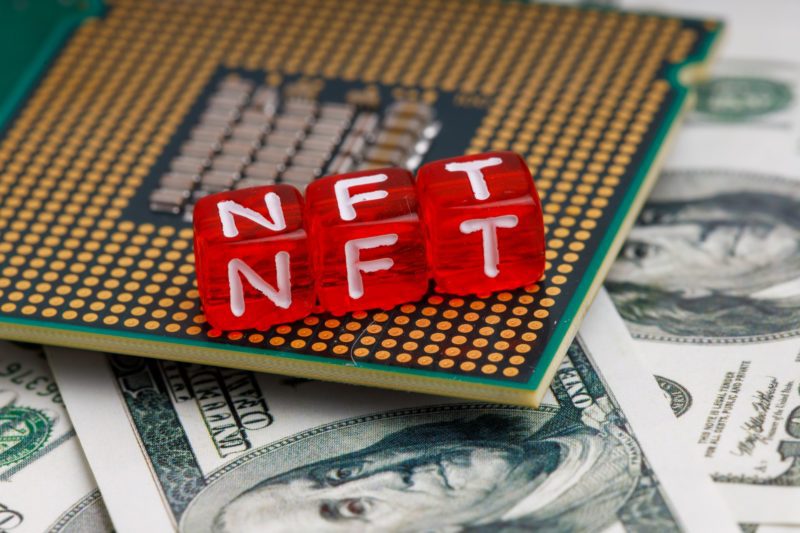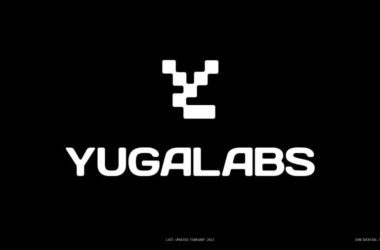Quick take:
- Assets issued in a series of non-negotiable agreements are deemed as securities.
- To determine if NFTs are securities, they must undergo the Howey test.
- For NFTs to not be deemed as securities, they must not derive value from anything except the efforts of their holders.
The Israeli Security Authority has issued a memorandum containing new guidelines on public offerings. The memorandum addresses various investment schemes offered to the Israeli public, including real estate.
Under the new guidelines, real estate that is purchased as part of a development project and includes a management agreement promising rental income, a buy-back clause and an extension clause is considered a security.
The real estate in these purchase agreements was sold at a fixed, non-negotiable price, and was sold alongside a lease to the developer that promised returns and shifted risk.
The investors’ risks and profit are subjected to the real estate developer’s financial stability, business activity, the building’s condition and the performance of all units as a whole. With these factors taken into account, the real estate failed the Howey Test, which deemed it to be a security.
The Howey Test is a test created by the US Supreme Court to determine whether a transaction qualifies as an investment contract. Under the test, a contract is subject to security regulations if it is “a contract, transaction or scheme whereby a person invests his money in a common enterprise and is led to expect profits solely from the efforts of the promoter or a third party.”
The test applies to any contract, scheme or transaction including blockchain and NFT projects with investors and backers. Certain NFT projects may qualify as securities if they undergo the test due to a few reasons.
Firstly, many NFT collections are issued in a series consisting of up to 10,000 units, and each unit is priced differently.
Secondly, while not all NFTs in a collection are identical, the value of one NFT is affected by the value of others in the collection. If an NFT in the collection increases in value, so will the price of another NFT in the same collection.
Lastly, the value of the NFTs in a collection is correlated to the efforts of the creator. Much of the value is driven by the marketing push by the creator or their team. The bigger the marketing effort, the higher the chances of the NFTs in the collection increasing value.
For an NFT collection to not be considered a security, it must pass the Howey Test. Each piece of work in the collection should be independent and separate from one another.
The value and profit of each NFT should only be derived from the efforts of the holder, not the creator or their team. The smart contract should be drawn up such that the Howey Test would not apply to the collection of NFTs.
Stay up to date:





